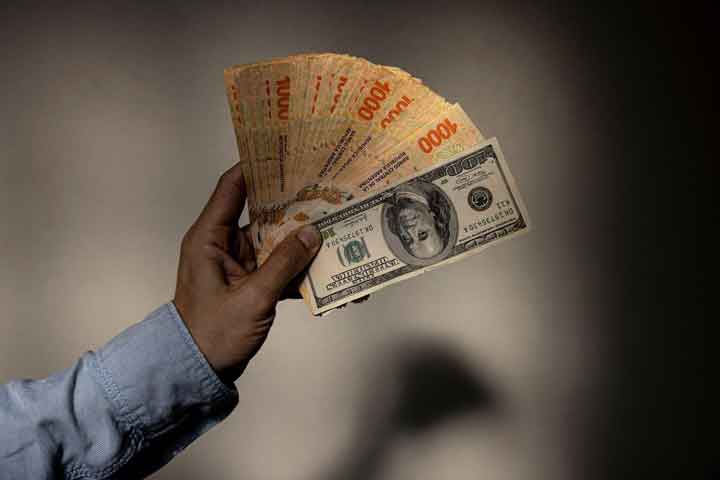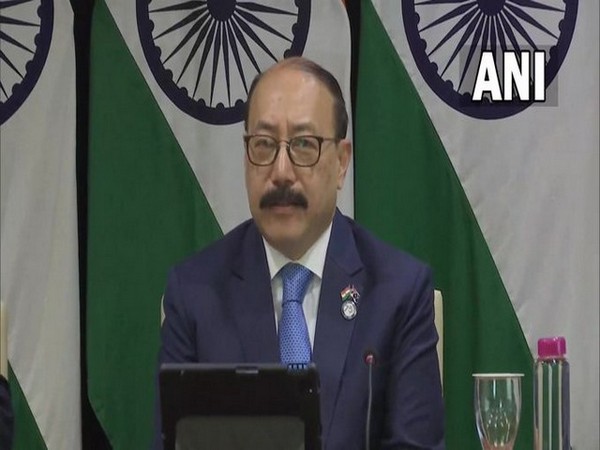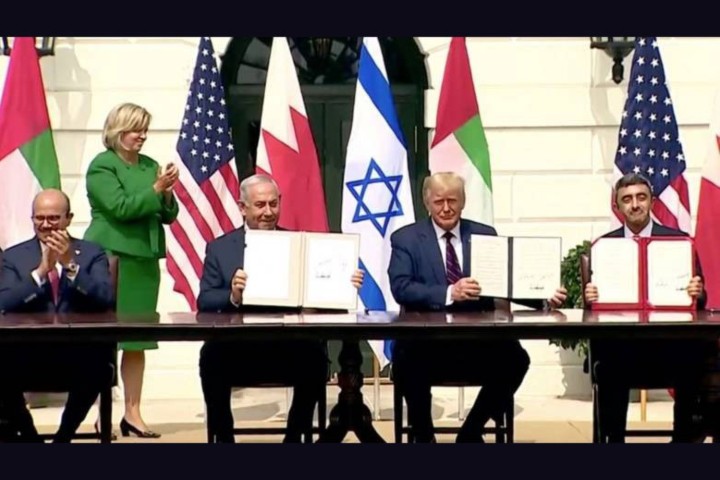Egyptians taking part in Arab Spring say voting useless
Some participants in the 2011 democratic uprising say they will boycott this month's "predetermined" elections, reports BSS.
"It's been a downwards slippery slope since the last presidential elections (in 2014): nothing is improving," said Sami, who took part in the January 2011 uprising which toppled longtime president Hosni Mubarak.
Sisi, as defence minister, led the July 2013 ouster of former Islamist president Mohamed Morsi following mass protests against his divisive one-year rule.
Now, Sisi is seeking another term in the March 26-28 elections, running against Moussa Mostafa Moussa, a candidate who had previously expressed support for the incumbent.
Other presidential hopefuls were arrested or withdrew.
"It's a nominal participation. They couldn't have just one person running unopposed, so they brought someone just as a show so they can say there is competition," said Sarah.
Like Sami and everyone else interviewed in this story, she asked to be identified by a pseudonym.
"I won't put the effort and vote in an election that is already predetermined," she said.
- 2011 hopes dashed -
The situation is a far cry from Sarah's high hopes in 2011, when she joined protests "excited to have free and fair elections, and to vote in competitive elections where my voice would make a difference."
Over 18 days, mostly young Egyptians overcame thousands of security forces, capturing Tahrir Square in downtown Cairo.
There, they camped day and night until Mubarak, who had been in power for nearly 30 years, left office. The military then took charge of the country.
Soon after, major Mubarak-era officials were arrested and courts began examining cases of police brutality.
"It was an incredible moment of hope; the sky was the limit," said Sami.
After the military's year in power, Morsi, who hailed from the Muslim Brotherhood group, became Egypt's first democratically elected civilian president in 2012.
A year later, Egyptians concerned at the rise of political Islam within the government supported Morsi's ouster, with many hoping further democratic elections would follow.
"But what happened next, with the nomination of another person from the military, it was very clear that we went back to the same loop," said Sami.
When he joined the 2011 protests, he was hoping for "freedom and liberty".
But during the years of turmoil that followed, many gave up these demands in favour of economic stability and security. People "were upset, but opted for calmness," he said.
"Now, the outcome is zero. Economically, everyone is pressured, no matter your income level, all your savings and income were slashed in half."
With its foreign exchange reserves down since the uprising, Egypt floated the pound in 2016, causing the currency to lose more than half its value against the dollar.
- 'Worse than before' -
Meanwhile, "socially you're frustrated: you feel you're unable to move or speak easily, so much paranoia, too much security hysteria, to the point the country is back to being run by a single entity," said Sami.
Critics say things have deteriorated since Mubarak's time.
"There is no doubt that things are now much worse than before, because now they know that they cannot take us lightly," said Safeya.
"That's why they are arresting, threatening, imprisoning, sentencing to death, because they are afraid we will rise up again."
Domestic and international rights groups accuse the authorities of human rights violations, including forced disappearances, arbitrary arrests and illegal detentions.
Egypt denies the accusations and says abuses are rare cases and their perpetrators are tried.
For Sami, the forthcoming election has little meaning.
"I won't even bother to think about it," he said. "I just want the day to pass calmly."
Looking back at the 2011 uprising, Sarah said that "if I think rationally, I would say 'I wish it had not happened'."
"But I won't be able to say I wish it had not happened, because it was best thing that happened in Egypt during my time," she added.
She said she is now focusing on her work and trying to find a way to get out of Egypt.
FU
20 Mar 2018,14:01




















 Live Tv
Live Tv






